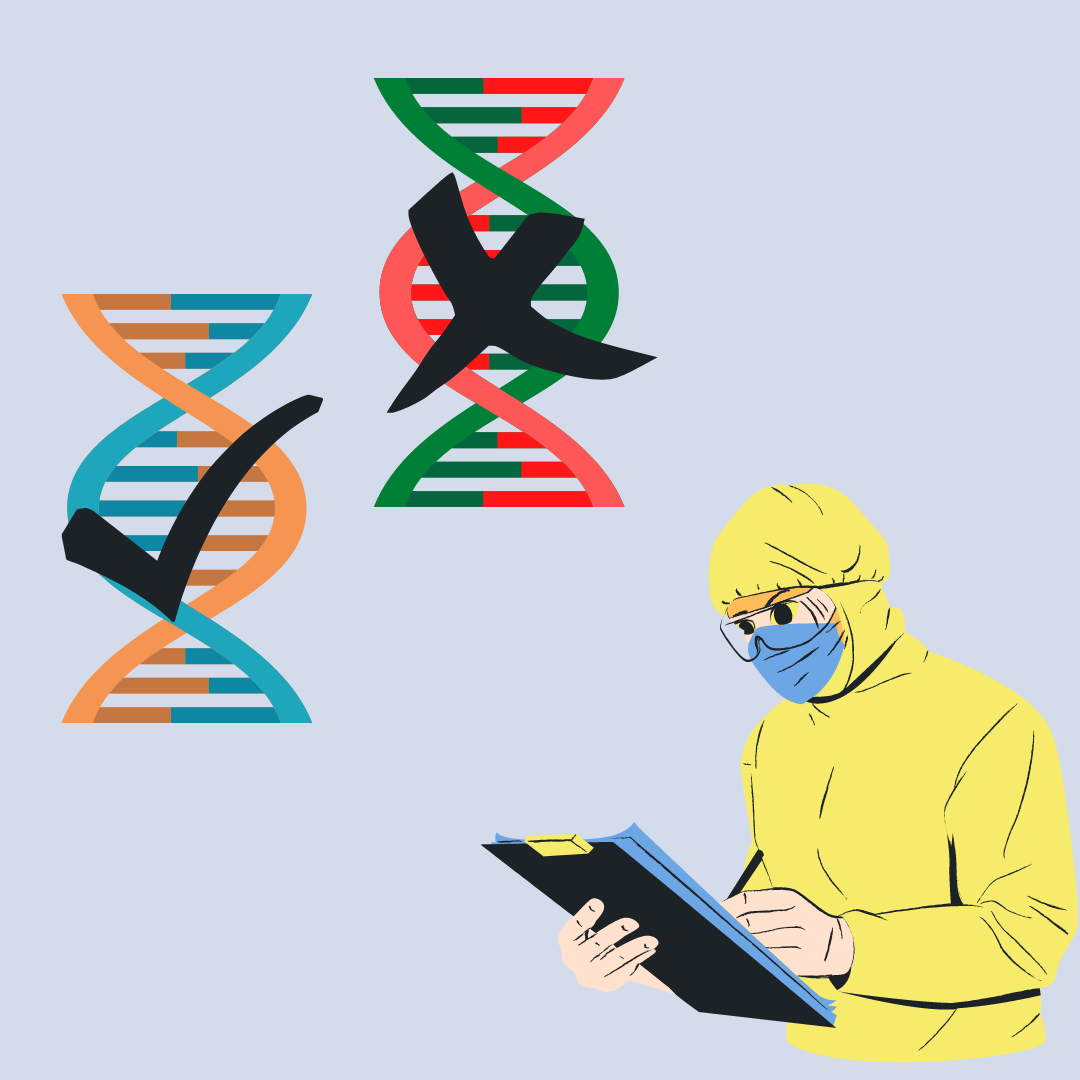Genomic research is at risk from ‘race science’ activists’ discredited ideas
By Bill Newman and Demetra Georgiou,
The Guardian
| 11. 03. 2024
We were alarmed to read the findings of your investigation into an international network of “race science” activists seeking to influence public debate with discredited ideas on race and eugenics (Revealed: International ‘race science’ network secretly funded by US tech boss, 16 October).
As organisations representing leading researchers and clinicians working in human genetics, we can state unequivocally that race is a fluid social, historical and political construct with no biological or genetic basis. There is convincing evidence that there is more genetic variation within self-identified racial groups than there is between them. It is also widely recognised that the eugenics movement of the late 19th and early 20th centuries was not based on scientific evidence, as set out recently by the Royal College of Physicians in a statement on the history of the UK’s eugenics movement.
We firmly believe that equality, equity, diversity, inclusion and respect for data privacy are central to improving healthcare through research. We recognise that it may not always be possible to prevent malicious actors from hacking datasets and databases and from making...
Related Articles
By Steve Rose, The Guardian | 01.28.2026
Ed Zitron, EZPR.com; Experience Summit stage;
Web Summit 2024 via Wikipedia Commons licensed under CC by 2.0
If some time in an entirely possible future they come to make a movie about “how the AI bubble burst”, Ed Zitron will...
By Arthur Lazarus, MedPage Today | 01.23.2026
A growing body of contemporary research and reporting exposes how old ideas can find new life when repurposed within modern systems of medicine, technology, and public policy. Over the last decade, several trends have converged:
- The rise of polygenic scoring...
By Daphne O. Martschenko and Julia E. H. Brown, Hastings Bioethics Forum | 01.14.2026
There is growing concern that falling fertility rates will lead to economic and demographic catastrophe. The social and political movement known as pronatalism looks to combat depopulation by encouraging people to have as many children as possible. But not just...
By Josie Ensor, The Times | 12.09.2025
A fertility start-up that promises to screen embryos to give would-be parents their “best baby” has come under fire for a “misuse of science”.
Nucleus Genomics describes its mission as “IVF for genetic optimisation”, offering advanced embryo testing that allows...




